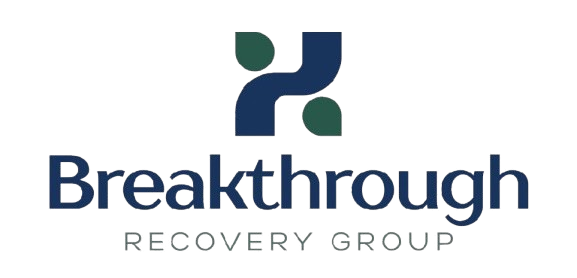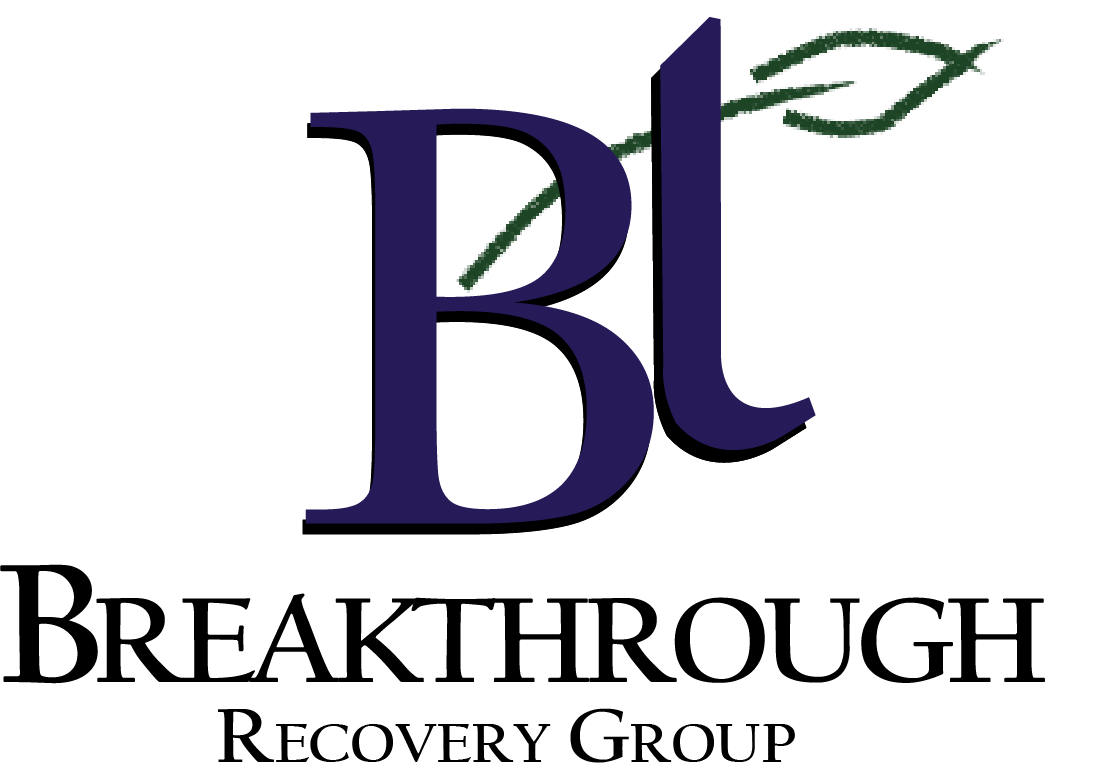
Getting to Know Spokane Treatment & Recovery Services
Spokane Treatment and Recovery Services provides a comprehensive suite of programs aimed at addressing substance use disorders and mental health challenges. With a long-standing presence in the community, the organization offers a personalized approach to treatment, ensuring that clients receive the care best suited to their individual circumstances. The team prioritizes collaboration with clients, promoting recovery through evidence-based methodologies.
Located centrally in Spokane, the services offered are designed to be accessible to residents across the Inland Northwest. Emphasizing the integration of therapeutic practices, the organization focuses on providing a supportive environment for those it serves. This commitment to inclusivity and accessibility makes the service provider a valuable asset in the region.
Exploring Diverse Treatment Options
Withdrawal Management
Withdrawal management is a cornerstone service offered, providing vital support to individuals experiencing both sub-acute and acute withdrawal symptoms. This program is designed with specialized clinical consultation to address biomedical, emotional, behavioral, and cognitive challenges, ensuring a seamless transition to continued care upon discharge.
Residential Treatment Facilities
Karen’s House and Cub House serve as the primary residential facilities catering to women and men, respectively. These therapeutic, home-like environments offer services for those dealing with co-occurring mental health conditions and substance use disorders. During their stay, residents are enveloped in a caring atmosphere that emphasizes healing and community.
Outpatient Services
The Co-Occurring Intensive Outpatient Services provide an all-encompassing range of mental health and substance use disorder treatments. This program is crafted to be flexible, catering to the individual schedules of clients, allowing them to continue their recovery while pursuing daily responsibilities.
Spokane Treatment and Recovery Services also places a strong emphasis on assessments. By offering both SUD and DUI assessments, the organization assists individuals in accessing appropriate care or fulfilling necessary court requirements. These assessments form the foundation for tailored treatment plans, focusing on what each client needs to move forward.
The Human Element: Personal Stories and Testimonials
Jamie C. shares the transformative impact of her experience, reflecting on how the organization’s supportive staff made a lasting impression on her sobriety and recovery journey. Her sentiments echo the gratitude felt by many toward the compassionate professionals working at the facilities.
Jeff S. offers a unique perspective on witnessing the effectiveness of the Cub House, describing it as a life-saving establishment. His appreciation extends beyond the services received, remarking on even the unexpected joys found within the program, like the quality of the meals.
Matt D. highlights the accountability provided by the intensive outpatient program, noting the importance of regular check-ins and educational initiatives. His reflection underscores the essential role of community support in making meaningful, long-term changes possible.
Professional Insights on Spokane Treatment & Recovery Services
Professionals at the service center engage with clients using a variety of therapeutic techniques, tailored to the specific needs of each individual. The personalized approach ensures that recovery plans are not only relevant but also achievable within the client’s life context. This level of care requires a deep understanding of the diverse backgrounds and challenges faced by the community.
By prioritizing continuous professional development, the staff remains well-versed in the latest best practices, ensuring that clients benefit from the most up-to-date and effective treatment methodologies. This commitment to excellence is vital in maintaining the high standards expected by both clients and the broader community.
Fostering Trust Through Collaborative Care
The cornerstone of Spokane Treatment and Recovery Services’ approach lies in building trust with their clients. This is achieved through open communication, transparency in all processes, and a genuine commitment to each individual’s success. In an environment where clients feel safe and understood, true healing can begin.
Collaboration is key, with therapists and clients working together to develop treatment plans that address unique needs and personal goals. This collaborative dynamic empowers clients, reinforcing their role as active participants in their recovery journey. By acknowledging the client’s expertise in their own life, professionals can offer better support and guidance.
Commitment to the Spokane Community
Spokane Treatment and Recovery Services maintain a strong community presence, extending services to surrounding areas beyond the city limits. Their dedication to accessible care speaks to the organization’s overarching mission to make a difference in as many lives as possible. By engaging with diverse populations, the organization ensures its services are reflective of the community it serves.
Community engagement is further bolstered by initiatives that aim to educate and inform the public about mental health and substance use challenges. By contributing to broader conversations on these topics, the organization plays a crucial role in reducing stigma and increasing understanding across the community.
An Inclusive Approach to Care
Spokane Treatment and Recovery Services embody inclusivity by welcoming clients from all walks of life. This approach recognizes the variety of experiences that individuals bring, making sure that care is culturally sensitive and respectful of each client’s background. By addressing potential barriers to treatment, the organization makes its services accessible to all who seek them.
Through inclusive practices, clients can find a welcoming space where they feel respected and valued. This atmosphere not only aids in treatment but also contributes to the broader mission of fostering an environment of equality and acceptance.
Perspectives from BTRG Spokane
As a provider deeply invested in therapeutic services, BTRG Spokane emphasizes the importance of a holistic approach to client care. Trauma recovery, relationship counseling, and emotional well-being are areas where the organization excels, offering a compassionate and evidence-based approach. By developing trusted partnerships with clients, BTRG Spokane supports meaningful growth and healing.
With a focus on continuous learning, BTRG Spokane ensures that professionals remain at the forefront of industry developments. This commitment to professional growth ensures that clients benefit from innovative care techniques, making BTRG Spokane a leader in mental health and counseling services in the region.
The organization’s approach to care is centered around empowering clients to become active participants in their healing journey. Through collaboration and trust-building, clients are supported in navigating complex life transitions, ultimately leading to healthier, more fulfilling lives.

What is the difference between rehab and treatment?
Spokane treatment and recovery services Spokane WA, while often used interchangeably, have nuanced differences. Rehab is generally a structured program specifically focused on helping individuals stop using a drug or substance. It’s typically intensive and can involve residential stays at a facility where individuals can concentrate entirely on their recovery, away from stressors or triggers. Treatment, on the other hand, is a broader term that encompasses various therapeutic strategies to manage addiction, mental health issues, and other behavioral health concerns. Treatment can include outpatient therapy, counseling sessions, and medication management, offering more flexibility for those continuing with their daily lives. At our organization, we recognize that both rehab and treatment play essential roles and tailor approaches to fit clients’ unique needs, ensuring they receive the best possible care.
What is the difference between rehab and recovery?
While rehab is a targeted intervention, recovery is a lifelong journey. Rehab focuses on breaking the cycle of addiction and withdrawal, providing the initial foundation for sobriety. Recovery, however, is about maintaining sobriety and managing life productively without the substance or behavior that was once problematic. Recovery involves ongoing processes such as lifestyle changes, support group participation, and developing coping strategies for stress and triggers. At our facility, we emphasize a comprehensive approach, supporting clients not just through rehab but also by equipping them with tools for a sustainable recovery journey. It’s important to view recovery as a dynamic process, often requiring adjustments and ongoing support.
Is treatment the same as recovery?
Treatment and recovery are distinct yet interconnected concepts. Treatment is the process by which medical professionals help individuals manage substance use disorders or mental health conditions through specific, often time-limited interventions like therapy or medication. Recovery, conversely, is an ongoing state of being or lifestyle that individuals aim to achieve post-treatment. It involves personal growth, lifestyle adjustments, and a commitment to health and wellness beyond the clinical setting. Our team understands this continuum and strives to support individuals through each phase, ensuring that treatment serves as a robust foundation for a successful recovery. Consider reflecting on how treatment has shaped your recovery journey or what additional support might benefit your ongoing process.
How does your organization implement an inclusive approach to care?
Inclusivity in care is paramount to our practice, and we’re dedicated to ensuring that every client feels welcome and understood. We achieve this by acknowledging and valuing the diverse experiences and backgrounds that each client brings. Our therapeutic strategies are culturally sensitive and address potential barriers to treatment, such as language differences or financial constraints. By fostering an environment where clients feel respected and valued, we enhance their engagement and outcomes. Have you encountered barriers in accessing care elsewhere that we should be aware of or address?
What are the benefits of collaborative care?
Collaborative care, a central philosophy of our practice, brings together the expertise of healthcare professionals and the lived experiences of clients to create comprehensive and effective treatment plans. This approach not only reinforces the client’s autonomy in their treatment journey but also enhances outcomes by incorporating multiple perspectives and strategies. Clients often report feeling more supported and engaged in their care, which can lead to more meaningful progress and personal empowerment. Collaborative care can be a powerful tool–what role do you think it could play in enhancing your treatment experience?
How does your organization commit to the Spokane community?
Our commitment to the Spokane community goes beyond providing exceptional care; we actively participate in community engagement and educational initiatives to foster broader understanding of mental health and substance use. Through workshops, partnerships with local organizations, and public awareness campaigns, we aim to dismantle stigma and promote acceptance. We’re invested in creating a supportive network wherein individuals feel connected and inspired to seek help. Reflecting on your community, what initiatives or resources do you believe could further support local mental wellness?
Resources
- Substance Abuse and Mental Health Services Administration (SAMHSA) – SAMHSA is a government agency dedicated to reducing the impact of substance abuse and mental illness on America’s communities.
- National Institutes of Health (NIH) – NIH is the primary agency for conducting and supporting medical research and is a valuable resource for health information.
- National Alliance on Mental Illness (NAMI) – NAMI is a grassroots mental health organization providing advocacy, education, support, and public awareness to individuals and families affected by mental illness.
- American Psychiatric Association (APA) – APA is the leading psychiatric organization in the world, representing over 38,000 psychiatric physicians.




